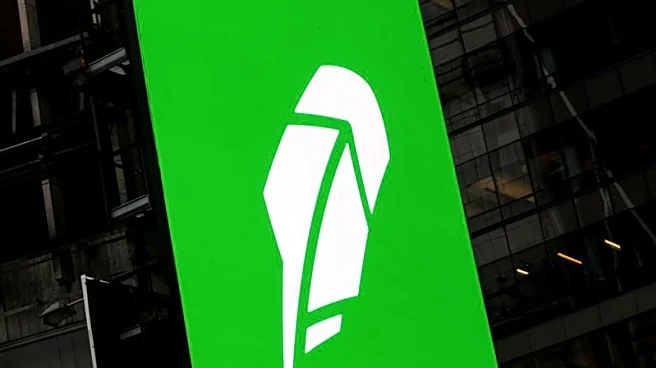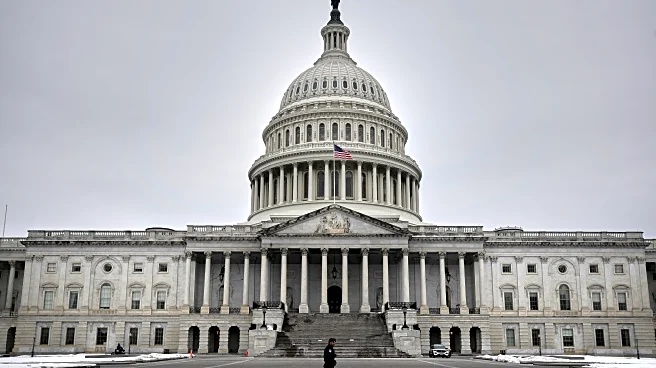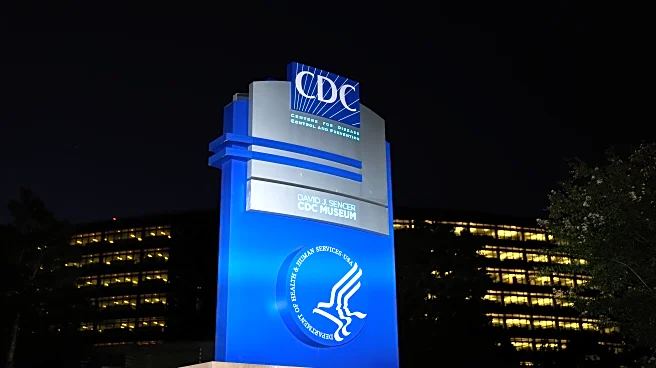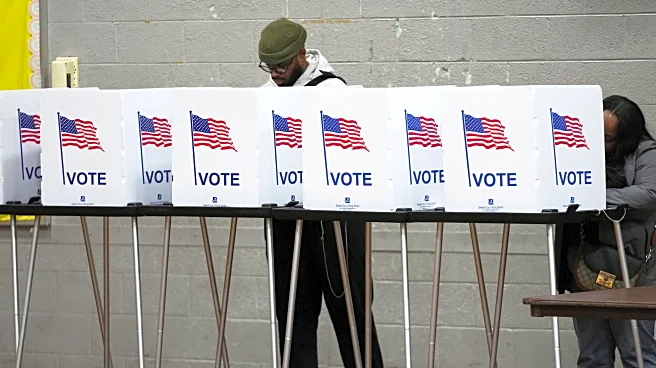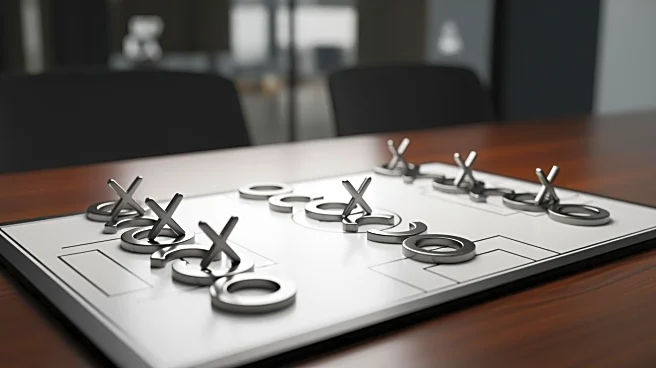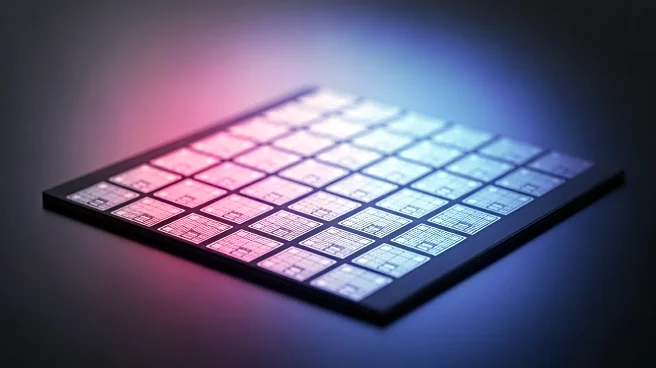Rapid Read • 8 min read
The 10-3-2-1-0 sleep hack is a presleep routine designed to help individuals wind down and prepare for a restful night's sleep. This method involves stopping caffeine intake 10 hours before bed, ceasing food and alcohol consumption 3 hours prior, ending work-related activities 2 hours before, and avoiding screens 1 hour before bedtime. The final step is to avoid hitting the snooze button in the morning. This routine aims to improve sleep quality by creating a structured wind-down period, reducing sleep disruptions caused by caffeine, food, alcohol, and screen exposure.
AD
With over a third of American adults not getting enough sleep, according to the CDC, the 10-3-2-1-0 sleep hack offers a structured approach to improving sleep hygiene. Poor sleep is linked to chronic health issues such as high blood pressure and heart disease, making effective sleep strategies crucial for public health. By adopting this routine, individuals may experience better sleep quality, leading to improved mood, productivity, and overall well-being. This method also highlights the importance of lifestyle adjustments in managing sleep-related issues.
As more people become aware of the 10-3-2-1-0 sleep hack, there may be increased interest in personalizing sleep routines to fit individual lifestyles and needs. Sleep experts and healthcare providers might explore integrating this routine into broader sleep hygiene education programs. Additionally, further research could investigate the long-term effects of this routine on sleep quality and overall health, potentially leading to new recommendations for sleep management.
The popularity of the 10-3-2-1-0 sleep hack reflects a growing awareness of the importance of sleep hygiene in modern society. This trend may influence cultural attitudes towards work-life balance and the prioritization of health over productivity. As individuals seek to optimize their sleep, there could be a rise in demand for products and services that support sleep health, such as sleep tracking devices and relaxation aids. This shift also raises questions about the role of technology in managing personal health and the potential for over-reliance on structured routines.
AD
More Stories You Might Enjoy
